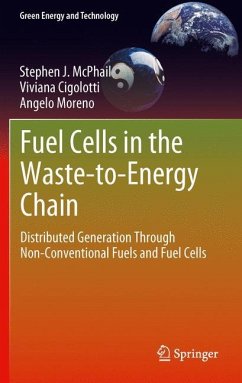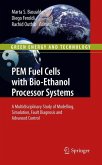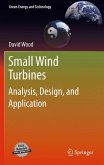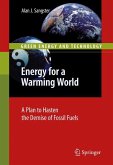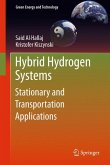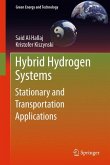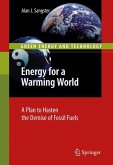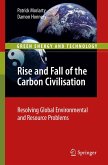As the availability of fossils fuels becomes more limited, the negative impact of their consumption becomes an increasingly relevant factor in our choices with regards to primary energy sources. The exponentially increasing demand for energy is reflected in the mass generation of by-products and waste flows which characterize current society's development and use of fossil sources. The potential for recoverable material and energy in these ever-increasing refuse flows is huge, even after the separation of hazardous constituent elements, allowing safe and sustainable further exploitation of an otherwise 'wasted' resource. Fuel Cells in the Waste-to-Energy Chain explores the concept of waste-to-energy through a 5 step process which reflects the stages during the transformation of refuse flows to a valuable commodity such as clean energy.
By providing selected, integrated alternatives to the current centralized, wasteful, fossil-fuel based infrastructure, Fuel Cells in the Waste-to-Energy Chain explores how the concept of waste-to-energy can be constructed and developed into a realistic solution. The entire spectrum of current and future energy problems is illuminated through the explanation of the operational, integration and marketing implications of high efficiency technological solutions using the real context of developed regions such as Europe. Up-to-date reviews are provided on the status of technology and demonstration, implementation and marketing perspectives.
The detailed technological information and insight gathered from over twenty years of experience in the field makes Fuel Cells in the Waste-to-Energy Chain a valuable resource for all engineers and researchers in the fields of energy supply systems and waste conversion, as well as providing a key reference for discussions by policy makers, marketing experts and industry developers working in energy supply and waste management.
By providing selected, integrated alternatives to the current centralized, wasteful, fossil-fuel based infrastructure, Fuel Cells in the Waste-to-Energy Chain explores how the concept of waste-to-energy can be constructed and developed into a realistic solution. The entire spectrum of current and future energy problems is illuminated through the explanation of the operational, integration and marketing implications of high efficiency technological solutions using the real context of developed regions such as Europe. Up-to-date reviews are provided on the status of technology and demonstration, implementation and marketing perspectives.
The detailed technological information and insight gathered from over twenty years of experience in the field makes Fuel Cells in the Waste-to-Energy Chain a valuable resource for all engineers and researchers in the fields of energy supply systems and waste conversion, as well as providing a key reference for discussions by policy makers, marketing experts and industry developers working in energy supply and waste management.

